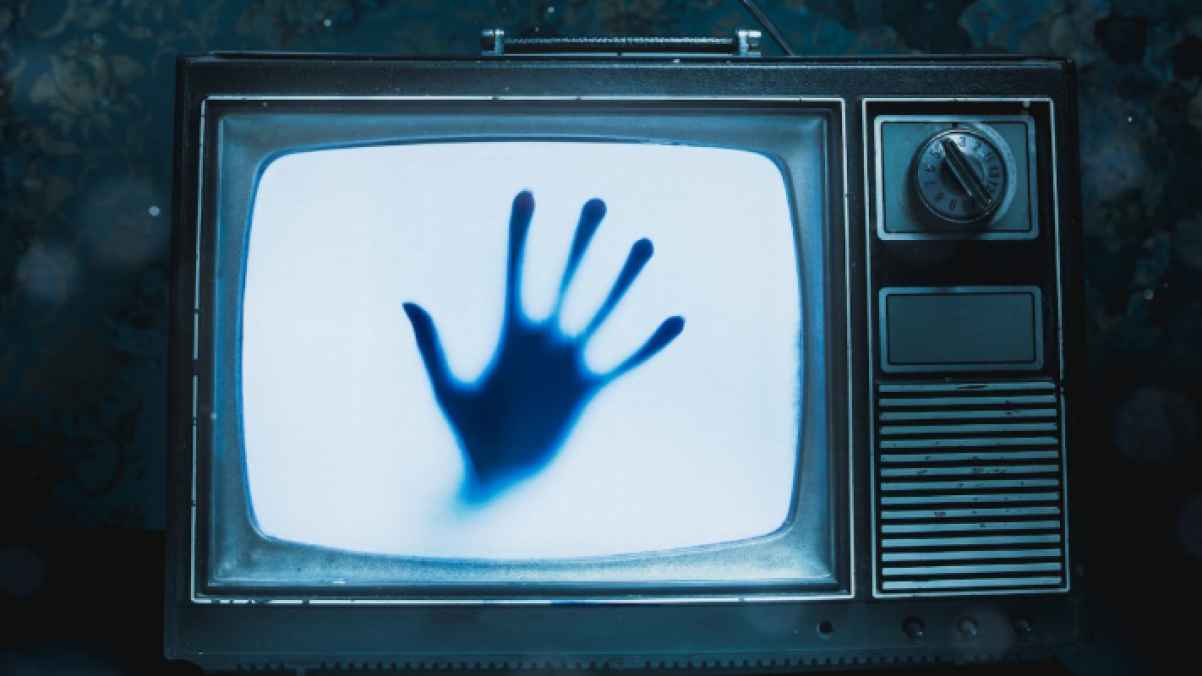Due to a horror movie.. court rules to compensate student affected psychologically

- A student received compensation after developing a psychological disorder from watching a horror movie at school
- The court ordered the school to pay 9,182 yuan (approximately $1,300)
A Chinese court ruled that a school in Hangzhou, Guangxi Province, bears partial responsibility for a student developing an acute, temporary psychotic disorder after watching a horror movie during class, in a case that began two years ago and concluded recently
The incident occurred while the regular teacher was absent, and a substitute teacher showed a film described by the student’s father as a horror movie
The viewing caused severe psychological effects on his daughter, including loss of speech and detachment from reality the following night
The student was admitted to a hospital, where she was diagnosed with an acute, temporary psychotic disorder
Medical records indicated that neither the student nor her family had a prior history of mental health issues
Following the diagnosis, the family filed a lawsuit against the school seeking 30,000 yuan (approximately $4,200) in compensation, arguing that the school neglected its educational duties and directly contributed to their daughter’s psychological condition by allowing the horror movie to be shown
The school admitted partial responsibility at 10%, suggesting that the disorder could have resulted from the child’s individual disposition or pre-existing psychological issues
The court found the school negligent in approving the screening, holding it 30% responsible for the psychological episode, and ordered compensation of 9,182 yuan (around $1,300) through insurance
Experts note that acute, temporary psychotic disorders can affect individuals even without prior mental health history, often triggered by extreme fear or anxiety
Treatment typically involves antipsychotic medication, psychotherapy, and relaxation techniques, with ongoing psychological follow-up recommended to prevent relapse
